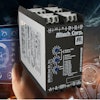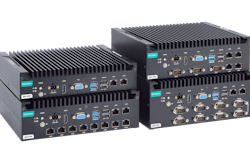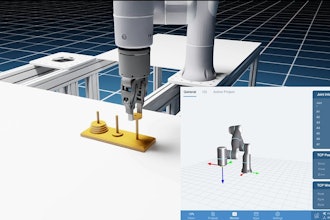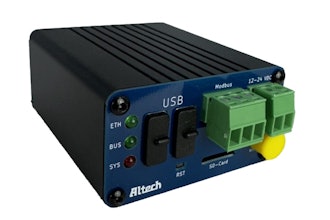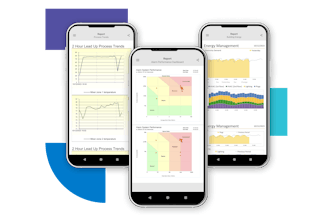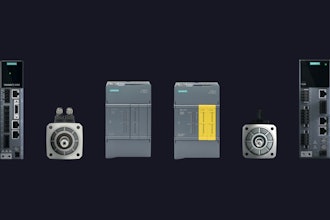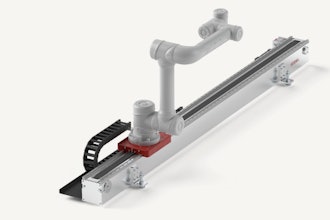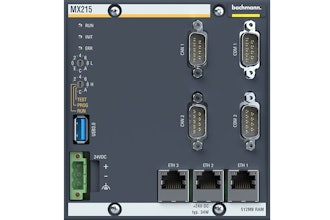
The Securities and Exchange Commission (SEC) has proposed new rules requiring manufacturers to disclose climate-related information in their financial statements. With the increasing importance of sustainability and environmental responsibility, these rules will significantly impact various industries.
In particular, the proposed regulations would require companies to significantly increase their reporting on climate risk, specifically on Scope 1 and Scope 2 emissions, which are emissions generated by a company’s operations. Perhaps most importantly, the rules would also require Scope 3 disclosures, which are upstream and downstream emissions along the company’s entire value chain.
This landmark legislation will reveal that many companies are more exposed to carbon emissions than many investors expect. Moreover, the outcome of the mandates could fundamentally reshape how the U.S. responds to a warming planet.
What are Scope 3 Emissions?
According to McKinsey, Scope 3 emissions account for 80-90 percent of greenhouse gas emissions associated with most products, and comprises about 75 percent of companies’ total emissions across industries. Unfortunately, Scope 3 carbon emissions are the toughest to capture and monitor. Measuring and managing these emissions is difficult, to say the least, because it involves tracking a wide range of activities and emissions from all actors of a product's life cycle, from the cradle to the grave.
As it stands, Scope 3 reporting hinges on estimates or counting on supply chain partners for accurate emission measurements.
On top of that, Scope 3 technical guidance is still emerging, and methodologies need to be legally binding, as many companies have focused primarily on Scopes 1 and 2. Theoretically, a business could reach net-zero emission goals by simply addressing Scope 1 and Scope 2 emissions. However, this is about to change if the SEC regulations should come to pass.
As regulations that increase scrutiny around emissions reporting come into effect, companies face a major dilemma. Ramping up efforts to reduce their environmental impact is one thing, but implementing Industry 4.0 solutions, including a modern supply chain strategy, for their sustainability efforts is entirely different.
Industry 4.0 Solutions
How can organizations begin the transition to adopting solutions that will help them stay in compliance with upcoming regulations? It starts with an end-to-end supply chain traceability strategy. A supply chain traceability strategy encompasses the standards, processes, technologies, and stakeholder roles and responsibilities to enable more effective and complete emissions monitoring and assessments. It provides the foundation and framework to extend GHG management to Scope 3.
There are some challenges to deploying a traceability strategy. The main challenge is convincing partners along your supply chain—of all sizes—to record and share their data consistently. Many may be reluctant due to the associated costs, changes to established processes, interoperability constraints between systems, and data security. One way to overcome this is through education and training on the benefits of traceability. Partners can even offer incentives or subsidies to help offset the implementation costs.
Also, supply chain stakeholders should agree to work together to adopt common standards and procedures; establish clear criteria for data sharing and use; and invest in secure, scalable data infrastructure.
Deploying traceability can be a long journey and a complex process, requiring the commitment and cooperation of small and large businesses, and the ability to break through silos and exchange data across different organizations. However, by addressing these challenges, companies can improve the resilience of their supply chains and cover the complete spectrum of Scope 1, 2 and 3 management.
Now is the time to prepare for the SEC's proposed climate-related disclosure requirements and embrace the opportunities presented by Industry 4.0 technology.
Manufacturers who proactively adopt sustainable practices and invest in advanced solutions will meet compliance requirements, drive innovation, reduce costs (thus increasing profits), and enhance their market position.



